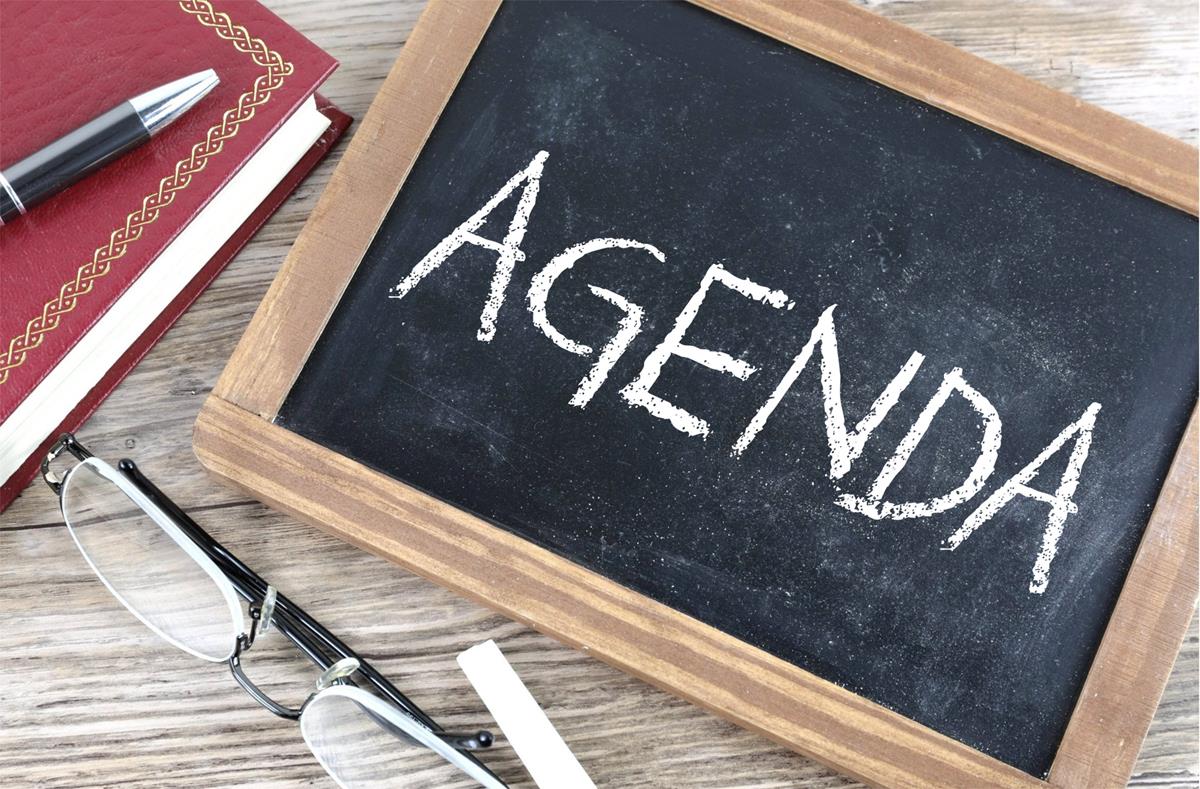Once you have a solid resume, you will need a cover letter to compliment your skills. A good cover letter highlights your value as a potential employee and paints a picture for the reader. Here are tips for an effective cover letter to get that next interview.
Introduce Yourself
A good cover letter will provide the reader a clear idea of who you are and what you can do. The cover letter is important to fill in the gaps that might be left from your two-page resume.
Give the reader a clear idea of WHY you want to work for their company and HOW you can provide that value.
Highlighting why you’re making a job change (spouse relocation or career switch) is another important aspect to include. If you can include metrics or tangible improvements from your previous employment, include them. But keep your cover letter to no more than one page. People are busy and one page is enough to sell yourself and your skill set.
Match Keywords
Just like writing a resume, a solid cover letter should align with the job description and your skills. Match keywords from the job posting and use that vocabulary in your letter. Better yet, highlight an achievement or “win” from a previous role which illustrates that specific skill or certification. Remember, readers like stories so make your cover letter tell your story.
Spelling and Grammar
This goes without saying but using correct spelling and grammar is vital for your cover letter. You need to show off your writing skills and a huge part of that is a readable introduction. Check spelling and tenses of verbs to ensure they match. Read through with fresh eyes to make sure not to leave out any important details. Finally, have a friend or colleague read through your cover again letter for clarity and punctuation.
Ask for the Interview
Without sounding cheesy, have a great closing statement in the letter to specify “action.” In other words, ask for the interview! Or you could ask to follow up in a few days if the reader had any further questions. Bottom line, you want the reader to act and contact you for an interview, to continue the conversation. A salutation of “Thank you” or “Sincerely” is also best when signing off.
Practice makes permanent, so the more you write, the easier a solid cover letter will be for you. Good Luck!
Follow my blog for more career articles posted weekly: KathyHusserTempe.com
